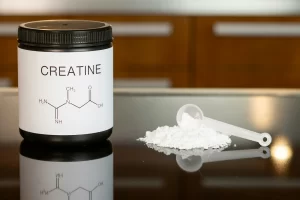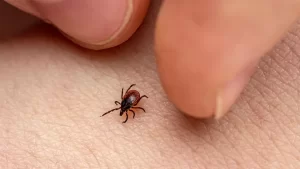Change is a fundamental aspect of human life, and we all strive to improve ourselves and our communities. Whether it’s breaking a bad habit or addressing broader societal issues, finding effective pathways to change is a continuous challenge.
Traditional approaches often fall short, with personal resolutions facing an 85% failure rate. Pharmaceutical interventions are frequently fraught with side effects, and environment-driven change regularly proves to be insufficient.
The key to successful transformation for the betterment of our brain health and overall wellbeing lies in the power of positive, clear, pervasive language and the pivotal role that informed, well-resourced communities play in driving change.
“By fostering open dialogue, sharing knowledge, and collectively promoting change, communities can influence individuals to rethink their habits.”
The key to successful transformation for the betterment of our brain health and overall wellbeing lies in the power of positive, clear, pervasive language and the pivotal role that informed, well-resourced communities play in driving change.
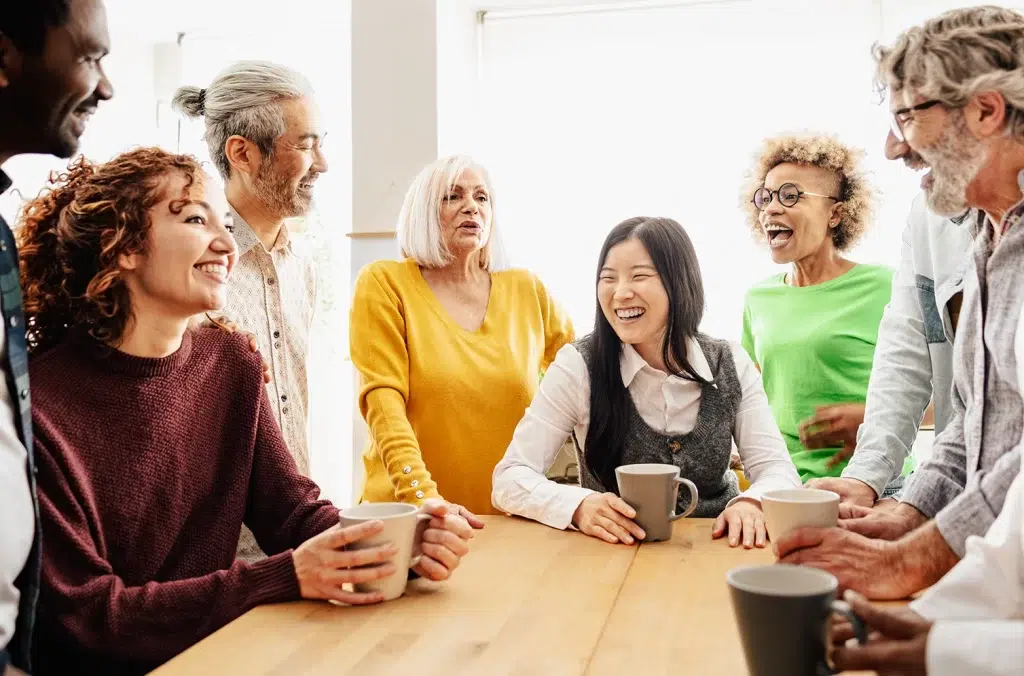
The shortcomings of conventional approaches
First, we should acknowledge the limitations of more traditional methods of long-term change:
Personal resolutions: when individuals attempt to change their habits, the odds are often stacked against them. A vast majority — approximately 85% — struggle to maintain lasting change on their own. Personal willpower, while essential, is frequently insufficient in overcoming the complex web of influences and neurological circumstances that shape our behavior.
Pharmaceutical solutions: drug-based interventions have been proposed for various health issues, but they often come with side-effects and limited long-term success. Relying solely on medications to address health challenges can be unsustainable and may not address the root causes of the problem.
Environmental factors: while changing one’s environment can support habit modification, it is not always feasible and may not guarantee permanent change. The effects of external factors might be limited when faced with deep-seated behavioral patterns.
A community approach to change
Extensive research supports the notion that the most effective means of driving lasting change is through community-based interventions.
Communities possess the unique ability to provide the necessary support, knowledge, and resources for individuals to foster new habits.
This shift in focus from individual resolutions to collective community efforts has yielded promising results. Here’s why:
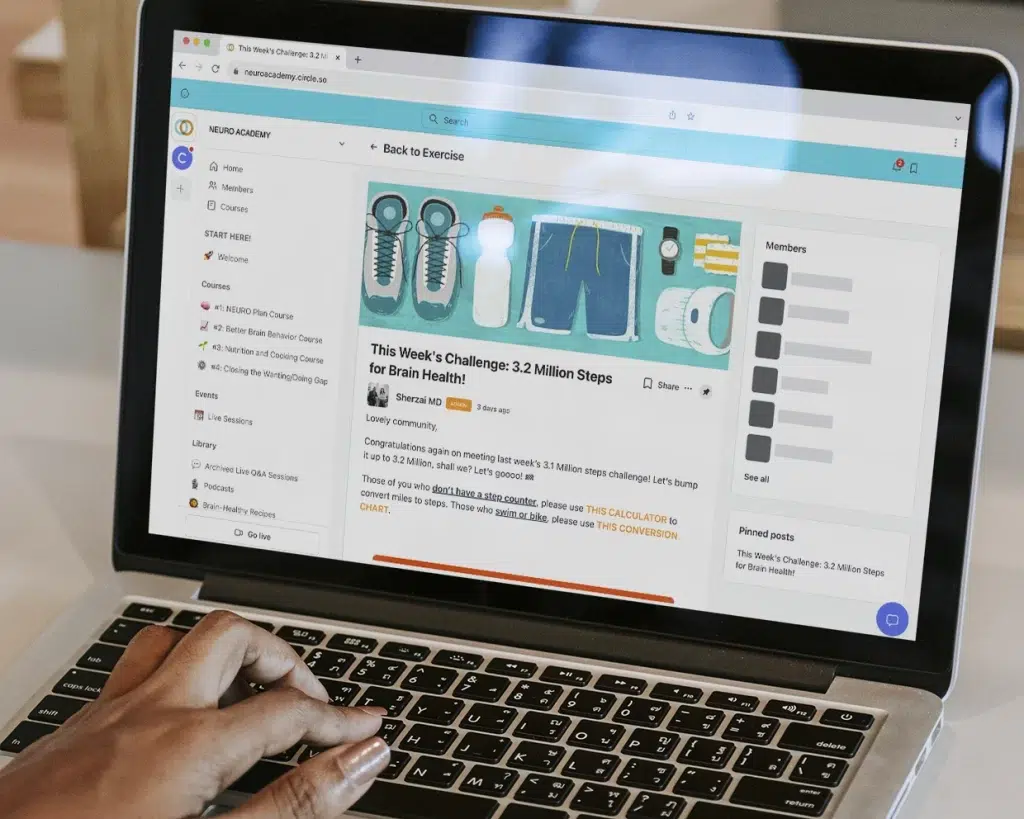
The power of language
In a community setting, the power of positive pervasive language becomes evident. By fostering open dialogue, sharing knowledge, and collectively promoting change, communities can influence individuals to rethink their habits. Pervasive language is not just about what we say, but how we say it, thus creating a supportive and motivating environment.
Research shows that language can significantly impact behavior. For instance, framing health messages positively and encouragingly is more likely to elicit behavioral change in individuals. This positive language can be harnessed within supportive communities.
Peer influence
Informed and well-resourced communities provide individuals with peers who share similar goals and challenges. This shared experience creates a sense of belonging, accountability, and motivation.
Studies reveal that social support and peer influence can positively impact behavior change. Individuals who engage with supportive communities are more likely to adopt healthier habits.
Access to resources
Communities have the potential to offer a wealth of resources and expert guidance, making it easier for individuals to access the information and tools they need to change. Resources may include educational programs, workshops, and mentoring.
Research demonstrates that access to resources enhances an individual’s capability to make lasting changes. In well-resourced communities, individuals have greater access to expert advice and relevant information.
The role of community in our work
Our research over the last 15 years has consistently demonstrated that community-level interventions are the most effective way to drive habit change at all levels, be it molecular, in clinical trials, or across entire communities.
We have seen firsthand how informed, well-resourced communities can empower individuals to make lasting changes in their lives.
Our approach has emphasized creating supportive communities that share knowledge, resources, and a commitment to change. By fostering a sense of belonging and collective action, we have achieved significant success in promoting healthier habits.
NEURO Academy: a community of support and resources
As we reflect on the power of pervasive language and the profound impact of community-driven change, it becomes clear why we established NEURO Academy.
This community serves as a hub for individuals seeking to harness the collective power of supportive language, peer influence, and accessible resources to improve their brain health and overall well-being.
At NEURO Academy, we provide the knowledge, tools, and community needed to drive long-lasting, meaningful change.
Ultimately, the road to change may be challenging, but it is also incredibly rewarding.
References
Hecht, M. L. (2014). Research on Communication and Community. Taylor & Francis.
Citation: Christakis, N. A., & Fowler, J. H. (2007). The Spread of Obesity in a Large Social Network over 32 Years. New England Journal of Medicine.
House, J. S. (2001). Social isolation kills, but how and why?. Psychosomatic medicine, 63(2), 273-274.
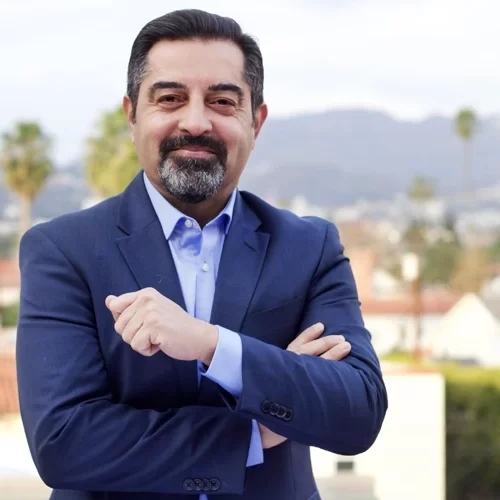
About The Author
Dean Sherzai, MD, PhD
Dr. Dean Sherzai is co-director of the Alzheimer’s Prevention Program at Loma Linda University. Dean trained in Neurology at Georgetown University School of Medicine, and completed fellowships in neurodegenerative diseases and dementia at the National Institutes of Health and UC San Diego. He also holds a PhD in Healthcare Leadership with a focus on community health from Andrews University.
Get more brain science direct to your email inbox
Sign up for the Brain Docs newsletter for weekly recipes, brain teasers, neuroscience facts, podcast updates, and more — for free!


